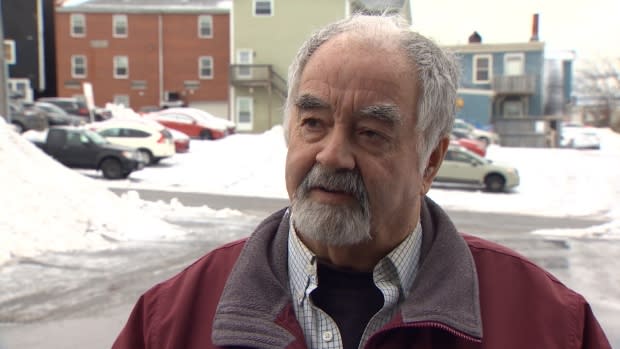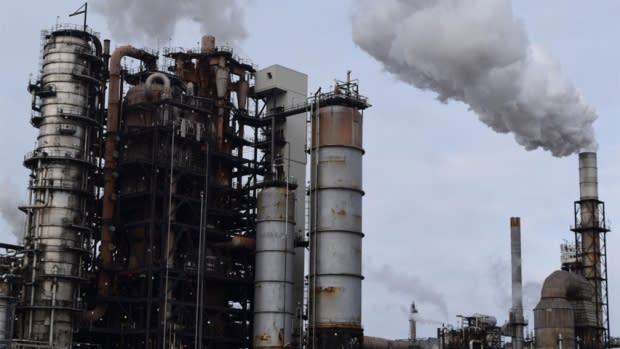Liberal MLA's bill to amend property tax assessment pulled over procedural issue
Saint John Harbour Liberal MLA Gerry Lowe withdrew a private member's bill Wednesday that was proposing to greatly expand the scope of property tax on business in New Brunswick, but he's still pursuing the plan.
"After I did it, we found out I wasn't supposed to do it." said Lowe of his Bill 9, an act to amend the Assessment Act, which he introduced last December.
Lowe said he was informed by the clerk of the Legislature that tradition dictates bills dealing with taxation have to originate with government. His proposed law was to have property taxes in the province expanded to cover the value of machinery and equipment used by business, but it was facing a dead end as presented.
In withdrawing the bill, Lowe also moved a motion to send the issue to the Legislature's law amendments committee for study and hearings, which he believes will show the change is widely supported by municipalities.
"From then, hopefully, we can get something the [Higgs] government could then put into law," said Lowe. "They would kind of be forced if the three opposition parties feel it should be done."
Some provinces assess the value of machinery and equipment owned by business and subject it to property tax of some kind. Others, including New Brunswick, only assess and tax buildings that house equipment and the land it all sits on.
That keeps property taxes on large manufacturing operations such as the Irving Oil refinery in Saint John much lower than they would be otherwise since the facility is mostly a large outdoor collection of machinery and equipment.

In Alberta, where machinery and equipment are subject to property tax, the 135,000 barrel per day Suncor refinery in Sherwood Park is assessed to be worth $1.69 billion – most of that being machinery and equipment – and pays annual property tax to the municipality of $15.4 million.
In Saint John, the much larger 320,000 barrel per day Irving Oil refinery is assessed for taxes at $102.3 million on land and buildings, and pays $5.0 million in property tax with 45 per cent of that taken by the province.
Despite hosting some of the province's largest industries, Saint John struggles with a shortage of tax revenue and is the largest recipient of equalization funding from the province to pay its bills.
Lowe is a former Saint John city councillor and ran for provincial office specifically to fight for the property tax change, but there is opposition.

In January, a commercial real estate consulting firm warned Lowe's plan could see small businesses forced to pay property taxes on cash registers and storage racks.
Turner Drake and Partners, based in Halifax, raised the alarm in an 'Action Alert' sent to company clients.
"Consider the value of your equipment, storage racking, display coolers, and other installations and recalculate your tax bill assuming the value of these items will be included in your assessment," the letter stated.
"What's in store is a major shift in the tax burden toward businesses who already share more than their fair share!"
The letter said businesses affected could include convenience stores, bakeries and hospitals.
Lowe disputes those concerns, but says everyone will get their say if his motion to have the issue investigated by a legislature committee is approved.
Debate on his motion is scheduled for next Thursday.

